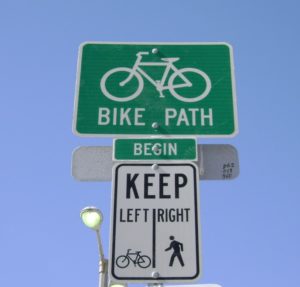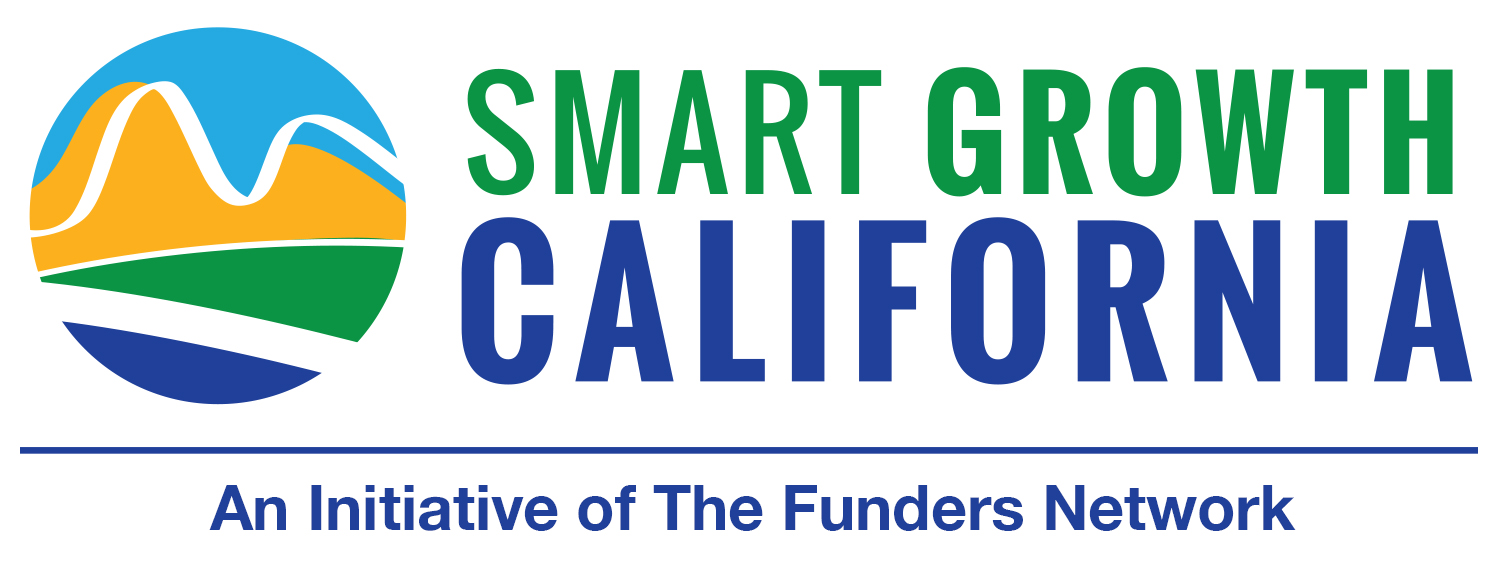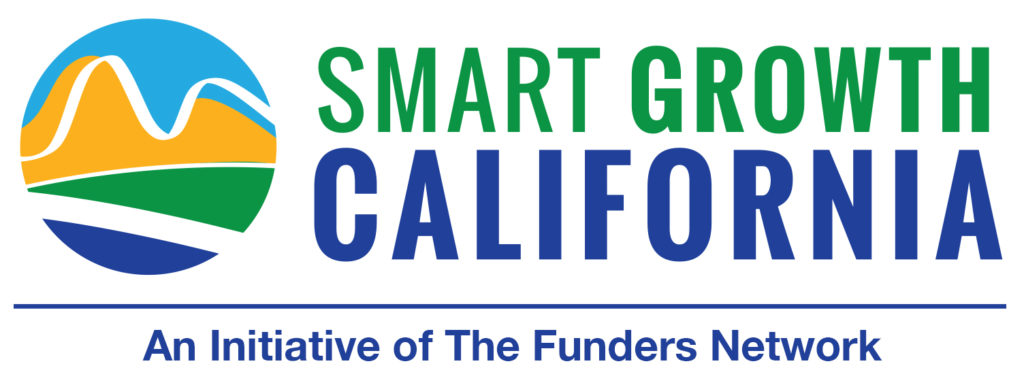Concerns About This Massive Source of Sustainable Transportation Funding Are Growing
According to Republicans coordinating the attempted repeal, more than 800,000 signatures have been gathered to place a repeal of SB 1 – also known as the “gas tax” – on California’s November ballot this year.
Given the repeal efforts, we want to lift up this major transportation infrastructure bill and what it means for California’s communities.
Last October, Smart Growth California hosted a webinar for funders to learn about SB 1, which passed in April 2017. SB 1 raises $5.4 billion per year for the state’s transportation construction and repair budget through increases in the gas tax and vehicle fees. A 12 cent-per-gallon hike in the gasoline tax went into effect on November 1; other taxes on diesel fuel and vehicles are yet to be implemented.
On our webinar, advocates from ClimatePlan, the California Bicycle Coalition, and PolicyLink discussed their joint efforts to shape SB 1 to meet transportation justice and sustainable transportation goals. The coalition ultimately succeeded in several significant and hard-fought wins within SB 1:
- A tripling of the state’s investment in public transportation;
- A near doubling of monies for the Active Transportation Program; and
- Support for planning for sustainable communities as well as workforce development.
SB 1 is hardly perfect; the coalition raised concerns about the bill, such as the “dirty-diesel” amendment added last-minute to allow diesel truck pollution to continue. Other concerns included the disproportionate focus of funding on automobile transportation and the lack of targeted investment in California’s most vulnerable communities. But even in its imperfect state, SB 1 raises a groundbreaking $8.5 billion for sustainable transportation.
After its passage, anti-tax groups and legislators immediately recognized that it would likely be unpopular with many Californians, especially since a gas tax would potentially be on someone’s mind every time they filled up their tank. While SB 1 was signed into law on April 28, 2017, the first repeal measure was released just a few months later on July 10.
Just after SB 1 passed, polls by UC Berkeley’s Institute of Governmental Studies found “52 percent of likely voters would support an initiative repealing California’s recent increases in gas taxes and vehicle license fees, while 46 percent said they ‘strongly’ support repealing the charges.” The Sacramento Bee reported in December that Republicans overwhelmingly favor a repeal at 80% support, while just 32% of Democrats and 56% of Independents support overturning SB 1.
The Los Angeles Times questioned whether the repeal effort – largely funded by the Republican Party and campaign committees of Republican politicians – may just be a partisan effort to get more Republican voters to the polls to weigh in on uncertain seats in 2018 mid-term elections. With dwindling numbers of Republican voters in California and multiple state and federal seats up for grabs, the gas tax might be a compelling enough reason to get some less consistent voters to the polls.
In the meantime, the State has been doing everything it can to get shovel-ready projects off the ground quickly to show that the SB 1 dollars are being put to good use. Many recent articles, including this Los Angeles Times article, showcase the first projects receiving billions in SB 1 funds. In fact, monies are being deployed so quickly that CalTrans can’t keep up with their own hiring needs; they plan to growth their staff by 10% over the next five years, an increase of 2,000 employees.
Since the passage of SB 1, many funders in the Smart Growth California network have worked closely with grantees to track and shape the implementation of these funds to ensure they yield more sustainable, equitable communities. But concerns about the future of this massive source of sustainable transportation dollars are growing. To learn more and connect with other funders working on these issues, contact Ron Milam at Smart Growth California.

